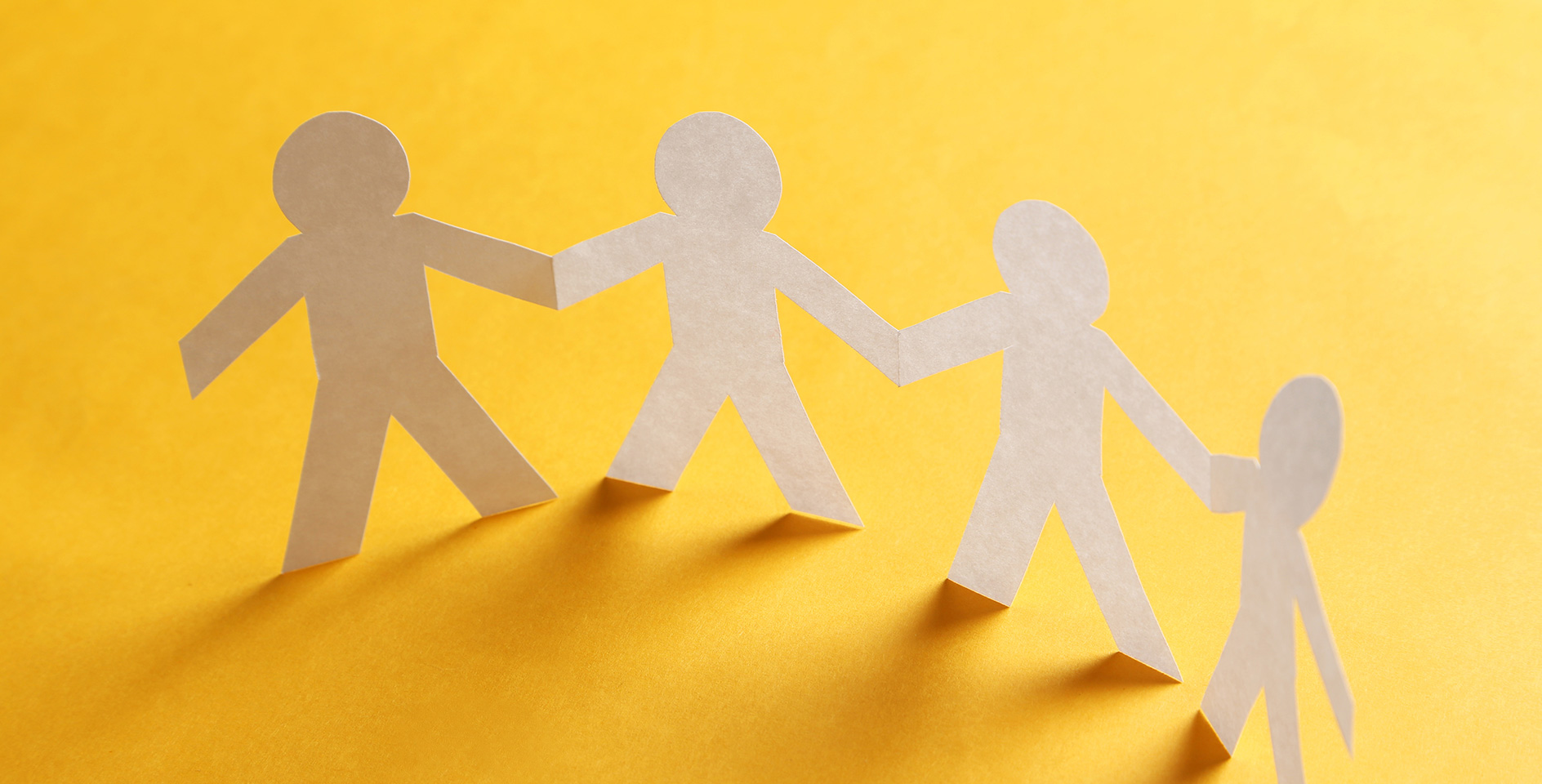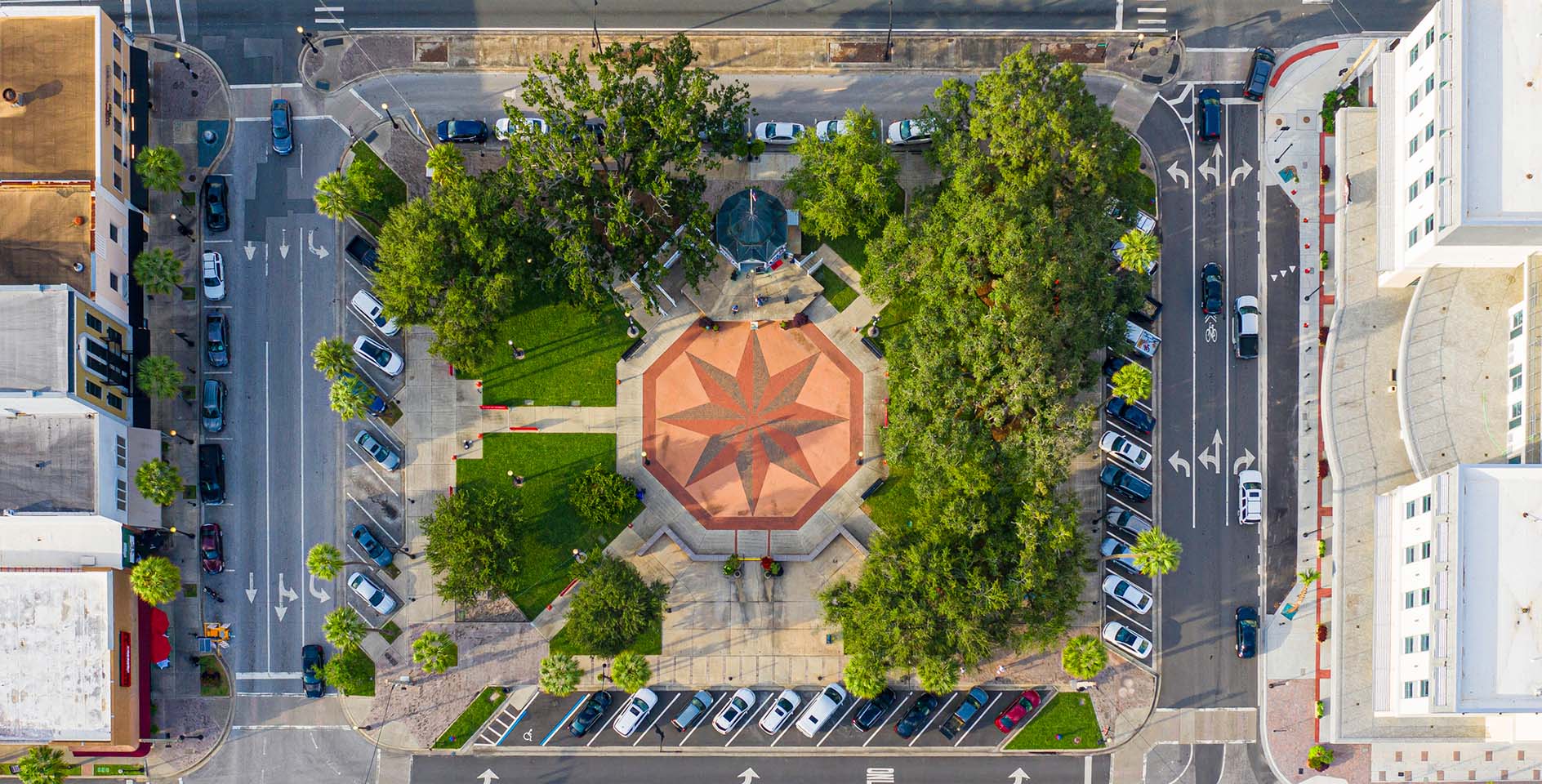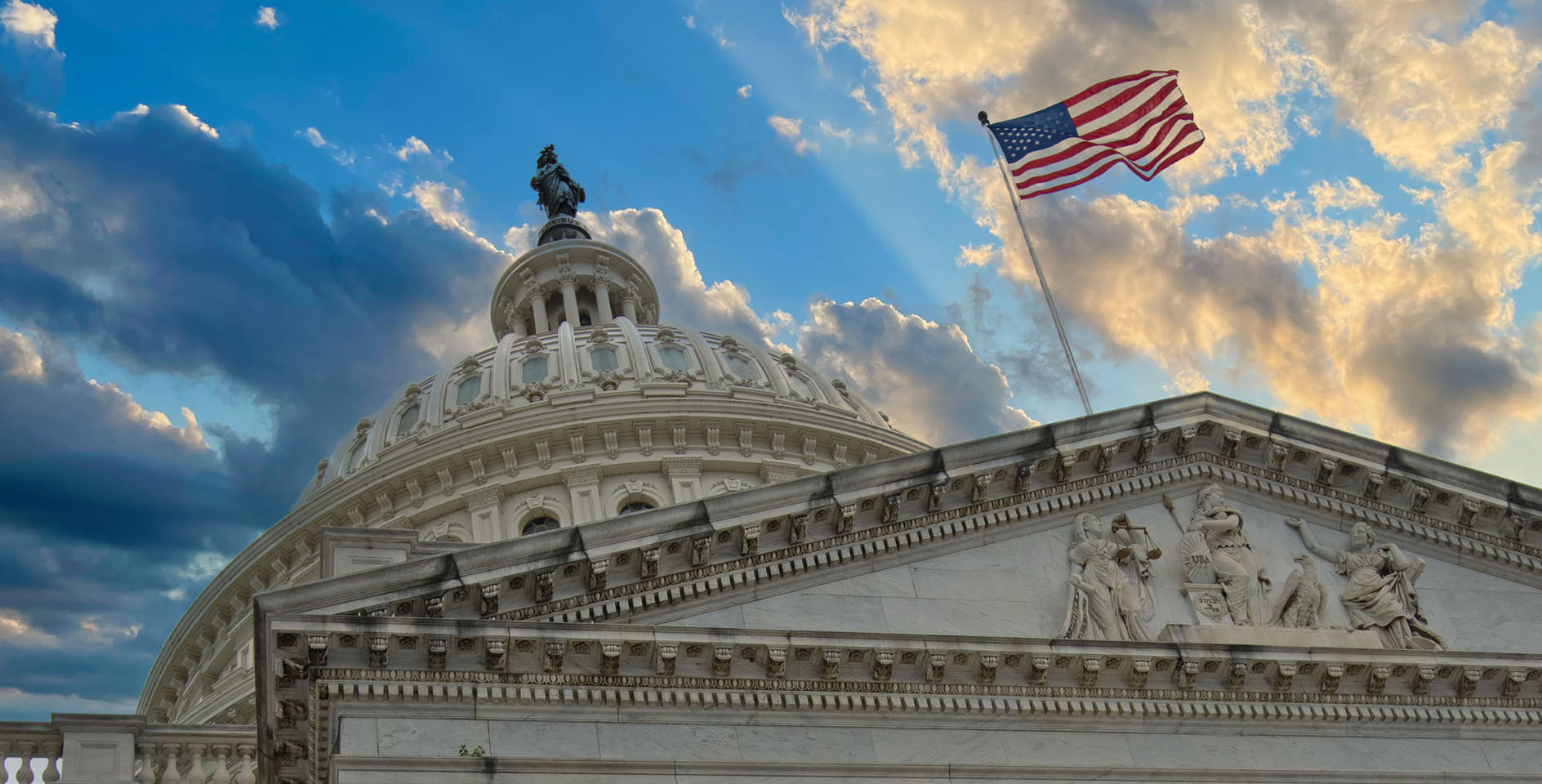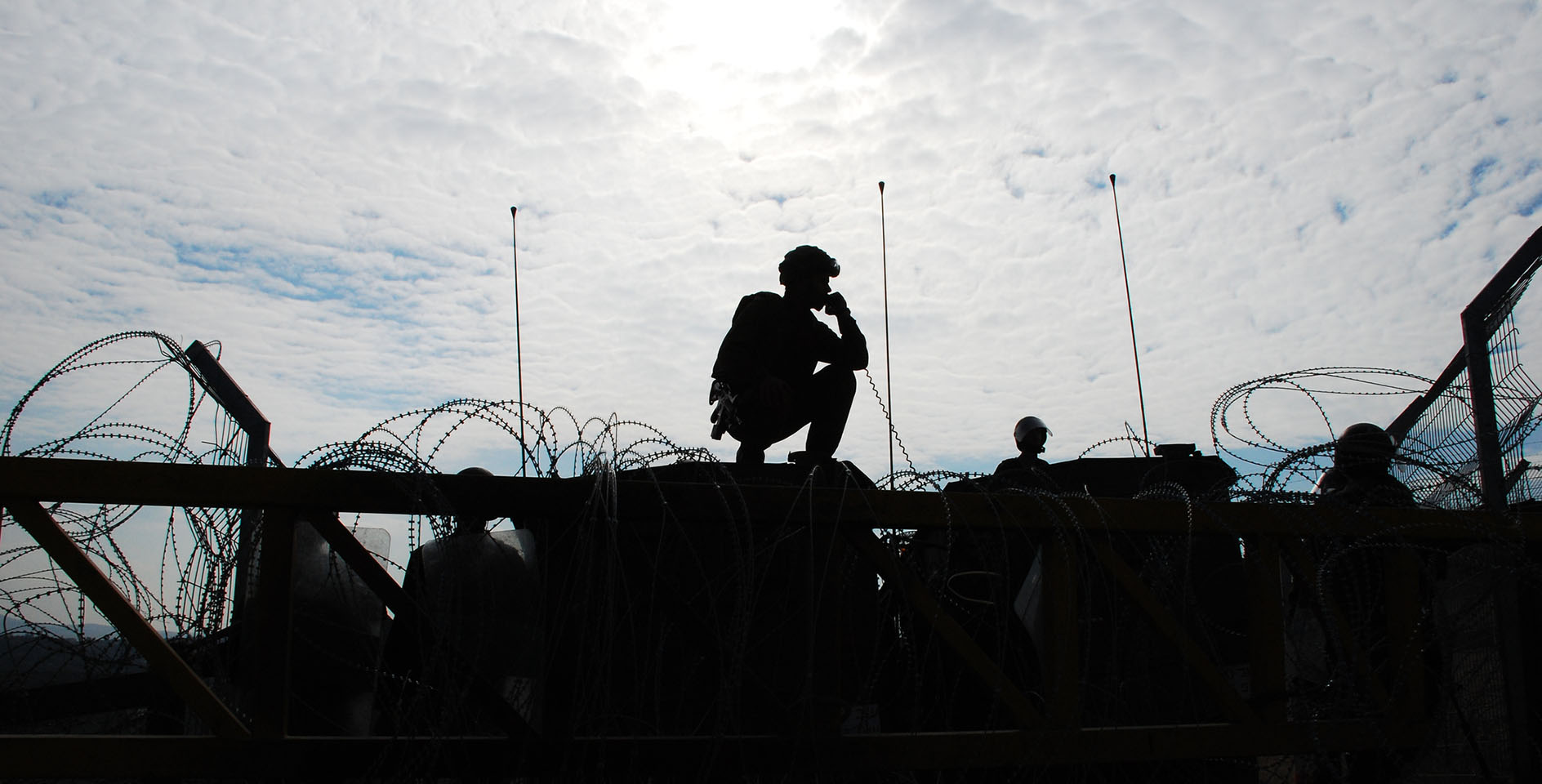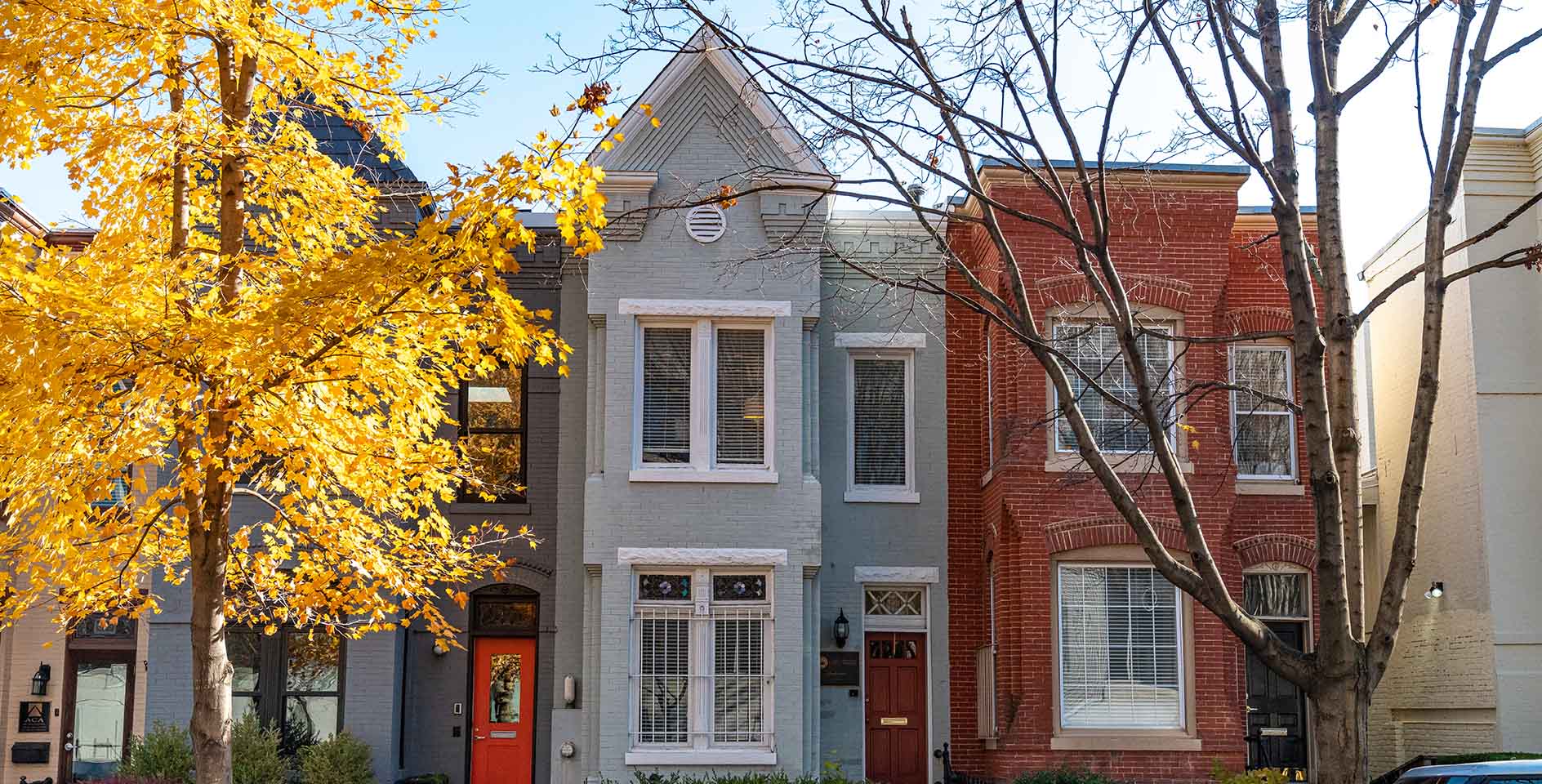You probably don’t know who MaryLinda Moss is, unless you live in California or you have read journalist Robin Abcarian’s beautifully written and harrowing account of the hostage situation that took place in a Trader Joe’s near Los Angeles last summer. This was the retelling of yet another act of gun violence in an era when we have become tragically numb to the shedding of innocent blood.
This is the story of an ordinary woman who happened to be a customer in the store at the time the gunman Gene Adkins burst in and pierced the normalcy of a day at the supermarket. MaryLinda Moss, a local artist, diffused a potential mass casualty situation by doing the unthinkable.
She could have treated Adkins like a monster or a super-villain. Nobody would have faulted her for lashing out in anger at a man whose irrational actions just resulted in the death of an innocent store employee and caused untold trauma for the workers and shoppers who converged unsuspectingly with Adkin’s anger that day. But she didn’t. Instead, she stepped forward courageously and engaged the dangerous hostage-taker by appealing to his humanity.
At one point during the standoff, after treating the gunshot wounds Adkins received in a shootout with the police, Moss placed her hand on Adkin’s chest and simply said to him, “You don’t want to do this.”
It would be foolish for us, untrained in hostage negotiation and criminal science, to extrapolate from this one incident a one-size-fits-all approach for preventing future tragedy. Nor is this story a guarantee that other brave victims will have the same success in preventing mass casualties in the future. But there is something in Moss’s simple appeal to Adkins’s humanity that might offer us a lesson, not only if we found ourselves in a similar situation, but in the way we might appeal to the common humanity of others in less tense, less volatile exchanges. An appeal to our common humanity might help heal our divisions and bring back civility to our public debates.
An ancient idea
The impulse to see someone’s humanity, even if we find that person morally compromised or objectionable or violent, has its roots in an ancient biblical text. In Genesis 1, Moses writes about the beginning of humanity, and he does it with rhetorical flourish. While the first chapters seem to rush through the origin of the rest of the created order, the text slows down and describes God as reaching down into the dust of the ground and sculpting humans with his hands. The Scriptures are telling us that humans required a special level of care—King David later states in Psalm 139 that every soul is knit by God in the womb—and that humans, unlike the rest of creation, bear “the image of God.”
Theologians have wrestled with the image of God language for centuries, and today we are still not fully sure what it means. But we do know this: Christianity assigns a dignity and worth to humans that it does not assign to any other living being in the natural world. Christianity says there is a reflection of God in every person, even in a fallen and broken world.
I don’t know what MaryLinda Moss’s faith commitment was or if she is even religious, but her appeal to a killer’s humanity borrows from this Christian vision of dignity. The historian Timothy Shah says in his monumental work on religious freedom that “apart from the Christian Scriptures, classical civilization lacks the concept of human dignity.” And philosopher Oliver O’Donavan says that the idea of human dignity is “only ever a theological assertion.” It could be argued that without Christianity as a foundation, you have very little basis for human rights and human dignity.
That isn’t to say, of course, that Christians are always the best exemplars of their own professed theology. All you have to do is experience the way partisans on Twitter savage each other, some with “Jesus-follower” in their bios. And sadly, in some periods of church history, Christians have been silent or complicit in acts of injustice, even arguing that certain people groups have less value than others. Still, these ideas are always a move away from the Bible’s vision of dignity.
In fact, Scripture always presents two choices for image-bearers: we can look inward and worship ourselves, thus prioritizing our well-being at the expense of others; or we can look upward, toward the Creator and consider the humanity of our neighbors. The choice toward selfishness—to prioritize our desires over others—is at the root of every act of evil, from small sins to large acts of violence. Our tendency to look inward explains the mission of Jesus, who came to save us from our fallen humanity and restore us to our original, image-bearing purposes.
And even those who claim to follow Jesus are still tempted to not see the humanity of their neighbors. Jesus is rebuking this tendency in his parable of the Good Samaritan. He says to religious leaders who are looking for loopholes to the Greatest Commandment that their neighbor is the person they are most likely to pass by on the Jericho Road. James, Jesus’ brother, wrote a whole book to the first-century church, warning them against religion that marginalizes the poor and against rhetoric that dehumanizes opponents.
But imagine if we were able, like Moss, to see the basic humanity of those around us— even those with whom we most vociferously disagree? In many ways, Christians today could use a recovery of this holistic, all-encompassing view of what it means to be human.
In his memoir, Faith of My Fathers, John McCain spoke of his experiences in the Hanoi Hilton and the lost moral ethic of his captors:
"I discovered in prison that faith in myself alone, separate from other, more important allegiances, was ultimately no match for the cruelty that human beings could devise when they were entirely unencumbered by respect for the God-given dignity of man. This is the lesson I learned in prison. It is, perhaps, the most important lesson I have ever learned."
Recent history and its accompanying atrocities have shown us what happens when societies lose a basic moral framework for human dignity. But what if we imagined a reversal? If men are unencumbered in violence when they lose the idea of dignity, imagine what men could do if they recovered it? Francis Fukuyama says this recovery is badly needed in our times:
"Democratic societies are fracturing into segments based on ever-narrower identities, threatening the possibility of deliberation and collective action by society as a whole. This is a road that leads only to state breakdown and, ultimately, failure. Unless such liberal democracies can work their way back to more universal understandings of human dignity, they will doom themselves—and the world—to continuing conflict."
Civility and justice
Of course, calls to civility always bring a healthy, but cynical riposte. Civility, it is assumed, is akin to giving up the fight for more just societies. While we should examine our motives to see if our appeals are just excuses for passivity, I believe this critique wrongly assumes civility is equivalent to quietism.
Two recent models of activism seem to refute the theory that civility is incongruent with movements for justice. Both William Wilberforce in the 19th century and Martin Luther King Jr. in the 20th century prove that appeals to a common humanity can help fuel social change.
Wilberforce constantly appealed to the humanity, not only of those who were considered less than human and bought and sold as property, but of those he was trying to persuade, especially UK evangelicals. He commissioned plaques depicting slaves in chains with the words: “Am I Not a Man and a Brother?” The theme song of his abolitionist movement was the hymn “Amazing Grace,” written by a former slave trader, John Newton. Wilberforce’s gospel offered freedom for both the slave and the slave trader, both of whom found equality at the foot of the cross.
More than a century later, Martin Luther King Jr. employed rhetoric of human dignity in his campaign for civil rights. There is an iconic photo of King in Memphis, surrounded by sanitation workers wearing sandwich boards that say, “I am a man.” This was the crux of King’s message. He was trying to persuade the white power-brokers to see people of color, not as problems or property, but as fellow human beings. In a 1965 sermon at Ebenezer Baptist Church, King preached:
"There are no gradations in the image of God. Every man from a treble white to a bass black is significant on God’s keyboard, precisely because every man is made in the image of God. One day we will learn that. We will know one day that God made us to live together as brothers and to respect the dignity and worth of every man."
He even spoke of the dignity of the oppressor in a powerful statement about forgiveness. To the Detroit Economic Council, he said:
"So that when one rises to love on this level, he loves men not because he likes them. not because their ways appeal to him, but he loves every man because God loves him. And he rises to the point of loving the person who does an evil deed while hating the deed that the person does. I think this is what Jesus meant when he said "love your enemies." I'm very happy that he didn't say like your enemies, because it is very difficult to like someone bombing your home; it is pretty difficult to like somebody threatening your children; it is difficult to like congressmen who spend all of their time trying to defeat civil rights. But Jesus says love them, and love is greater than like. Love is understanding, redemptive, creative, goodwill for all men. And it is this whole ethic of love which is the idea standing at the basis of the student movement."
The basis for King’s movement, which was anything but quietest, appealed to the humanity of his enemies in order to persuade them of the humanity of those they continued to oppress. “The nonviolent resister never lets this idea go, that there is something within human nature that can respond to goodness.”
This doesn’t mean that movements for justice never require legal action or use of force. Terrorists should be hunted down. Laws against injustice should be enforced. And even war, the last resort, is necessary to take down tyrants and despots. As a Christian, though, I know that this world will never fully experience perfect peace until Christ returns to fully restore all things.
But more often than not, a simple, yet powerful appeal to our common humanity can remind potential oppressors of their own humanity, can shame those who are tempted to silence in the face of injustice, and can lead to social change. You don’t want to do this. You are better than this. You are a human and not an animal. This message needs to be heard, whether in a suburban grocery store, in the halls of Parliament, or on the streets of the segregationist South.
In a world on fire with every kind of division imaginable—from religious to political to racial and beyond—how do we engage the world around us without fear? Join us at our 2019 National Conference, “Gospel Courage: Truth and Justice in a Divided World, “ on October 3-5 to learn what the Bible teaches us about civility.



